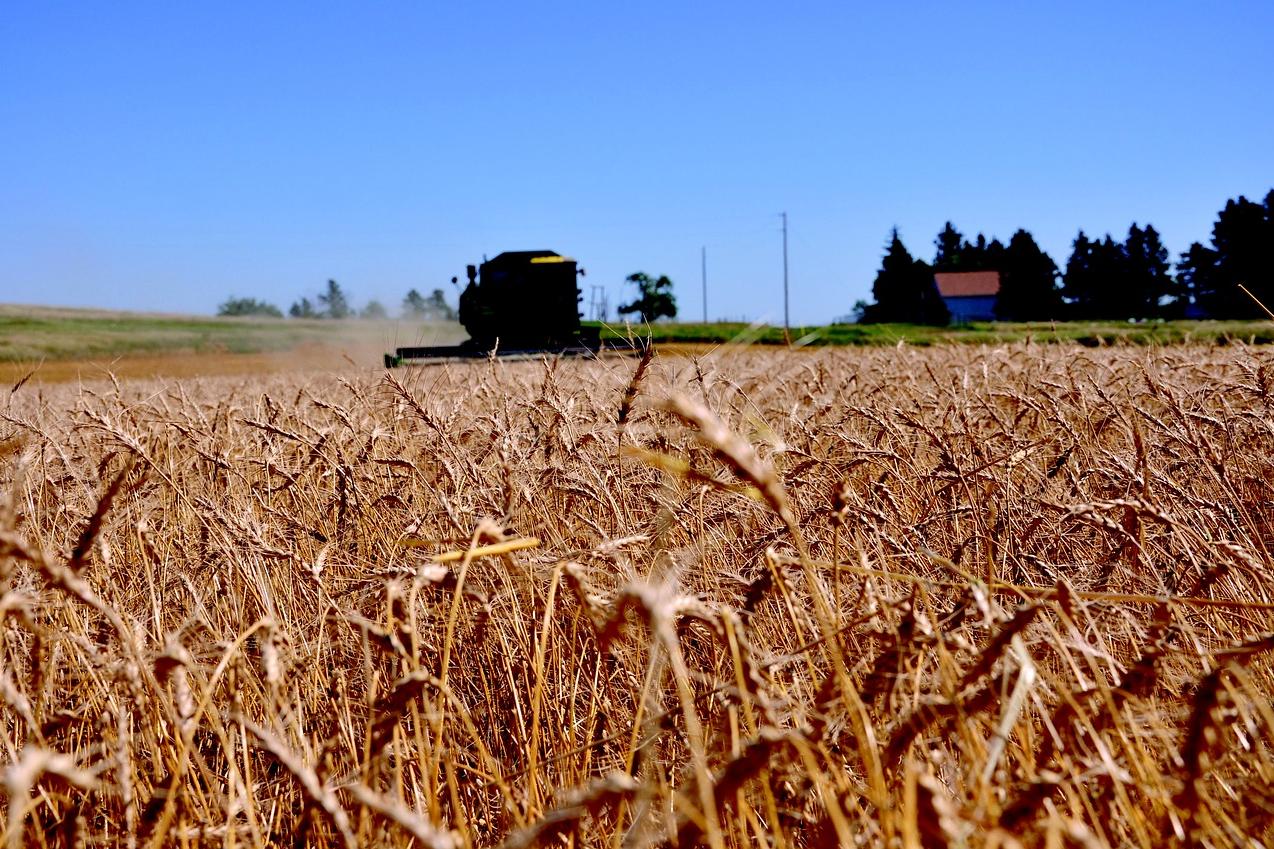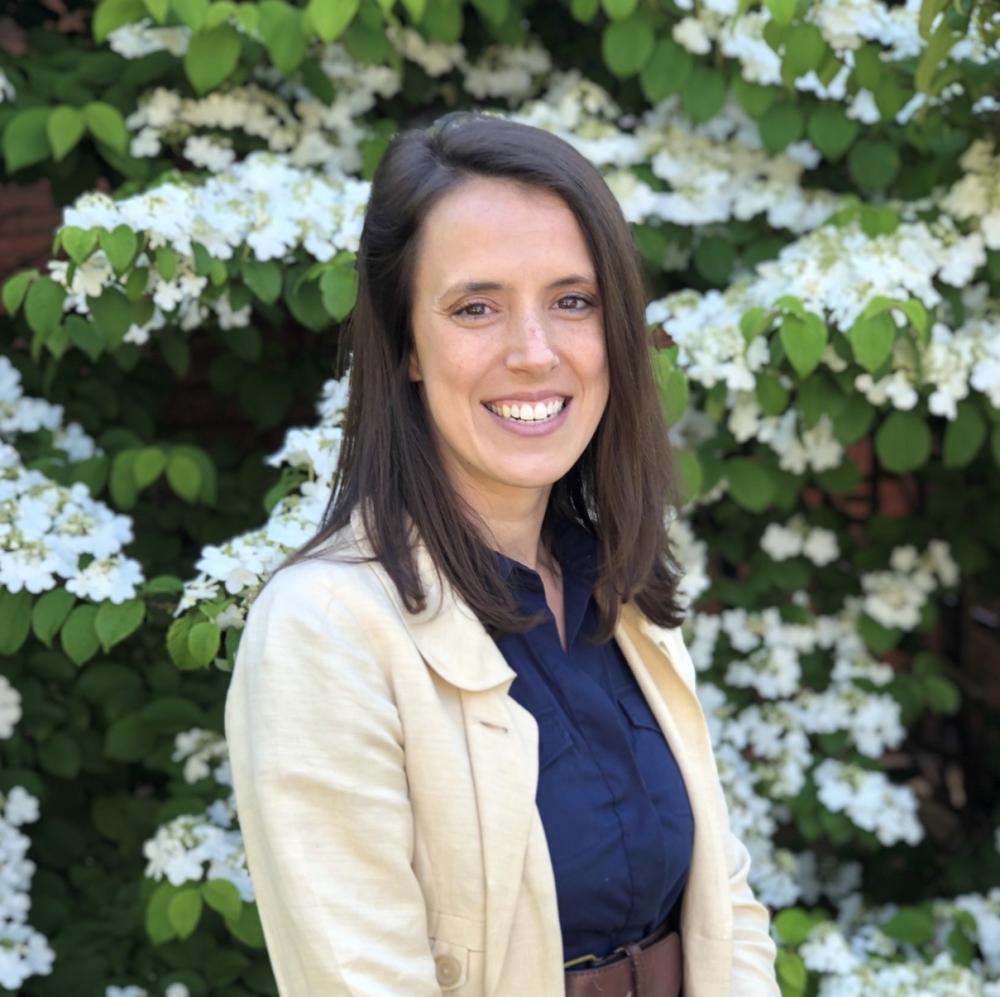
Several top food and beverage companies recently announced the creation of a new organization to help farmers transition to more economically and environmentally sustainable growing practices including regenerative agriculture. PepsiCo, King Arthur Baking, General Mills, Anheuser-Busch, Unilever and the Walmart Foundation jointly created the Trusted Advisor Partnership to help provide farmers with the technical skills they need to grow soil and improve their farms' outputs.
The program is launching first in North Dakota, where erosion is responsible for a staggering 50 percent topsoil loss in some areas, resulting in significant decreases in agricultural production. After piloting the program there, the partnership’s leaders are aiming to expand it to other regions. TriplePundit recent spoke with several of its stakeholders to learn more about this new organization’s goals.
Training the advisors who train farmers
The partnership engaged North Dakota State University and local crop advisors to develop interactive training programs to help farmers better understand and implement regenerative and sustainable growing practices, ranging from cover cropping to integrated pest management. Dr. Abbey Wick, North Dakota State University (NDSU) Associate Professor, Extension Soil Health Specialist and co-lead for the project, told 3p, “With a wide variety of commodities grown within our borders and a strong existing base of Certified Crop Advisors, North Dakota is the ideal region to demonstrate the critical importance of connecting farmers with independent information delivered by trusted advisors – information on the conservation ag practices that build not only better soil but a better bottom line for our state and tribal producers.”
The nonprofit Sustainable Food Lab is managing the regenerative agriculture project and it is currently working with corporate partners to develop financial incentives for farmers who participate in the regenerative agriculture program.
The founders of the partnership say that their work will help create a more resilient agricultural sector. Sustainable Food Lab's senior director Elizabeth Reaves said, “We’re excited to be taking the wraps off this cross-sector effort, especially on the heels of an unprecedented investment in our nation’s ag economy from the USDA Partnerships for Climate-Smart Commodities fund. Dollars alone are not enough; there is, and will continue to be, a pressing need for more agronomic talent to de-risk the transition to regenerative. By syncing farmers with unbiased technical support and customized supply chain programs, we believe this project has the potential to accelerate the momentum around soil health and whole-of-farm stewardship in the U.S.”
The partnership is now in its early phases, and so far has hosted workshops and distributed surveys to better understand baseline levels of regenerative agricultural practices in North Dakota. The organization’s goal is to reach 300,000 acres by the end of 2025.
A $1.6 million grant from the Walmart Foundation has allowed the Sustainable Food Lab to train crop advisers in cutting-edge, research-driven regenerative practices so that they can in turn help farmer clients build soil and improve the long-term economic and environmental resilience of their farms. The partnership’s leaders aim to connect certified crop consultants with farmers to provide them with one-on-one advisory services. The group is currently recruiting more crop consultants and they are aiming to triple the number of certified crop consultants available to participating farmers by 2024.
Expanding regenerative agriculture beyond North Dakota
Currently, the partnership is recruiting financial supporters and collaborators to join its mission. Nicholas Mylet is Global Director of Sustainable Agriculture for Anheuser-Busch, one of the founding corporate partners of the partnership. “Cross-sector collaboration is critical to help create systems change. This initiative is a key opportunity to work alongside peers and the local farming ecosystem to help build resilience for people and planet,” he explained to 3p.
Members of the partnership insist that their North Dakota test case can become a model for other communities, including Indigenous peoples, and are seeking broad support across more agricultural regions and stakeholder groups.
Image credit: Pixabay

Mary Riddle is the director of sustainability consulting services for Obata. As a former farmer and farm educator, she is passionate about regenerative agriculture and sustainable food systems. She is currently based in Florence, Italy.














